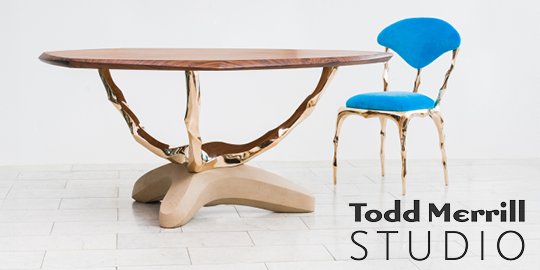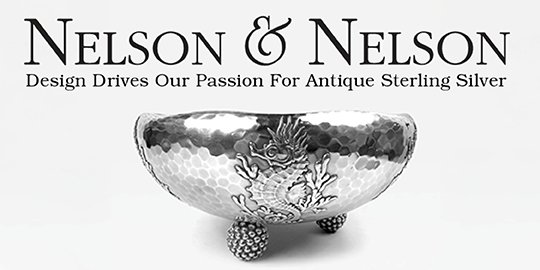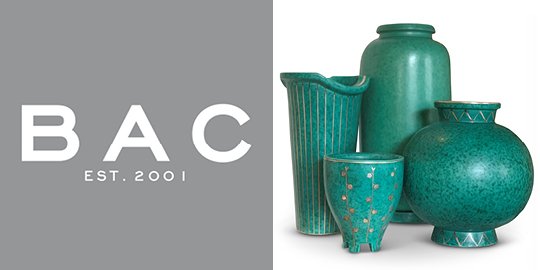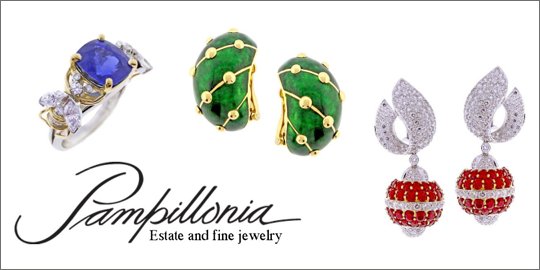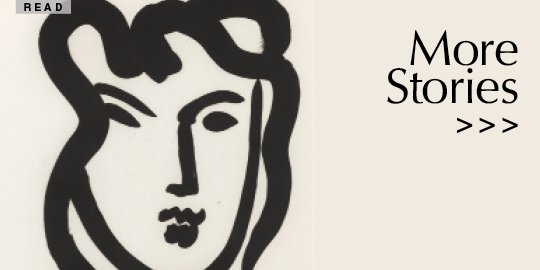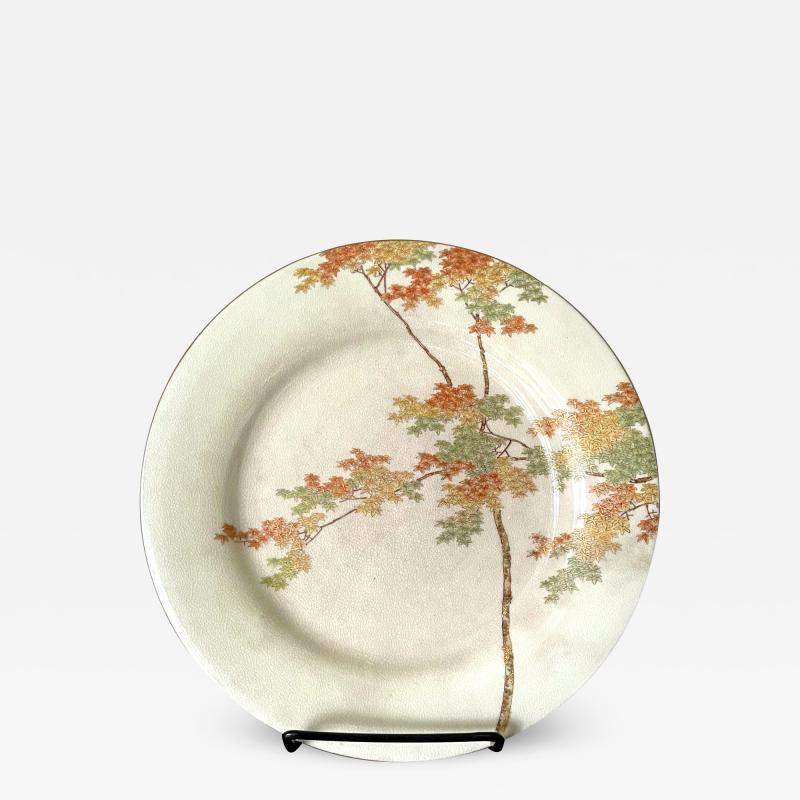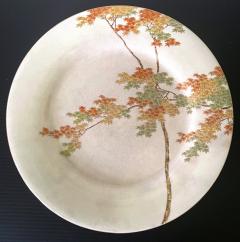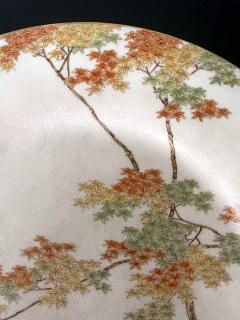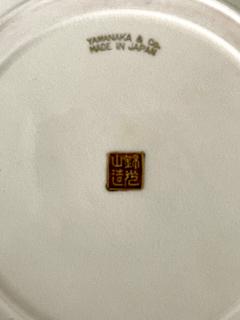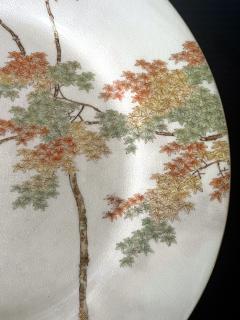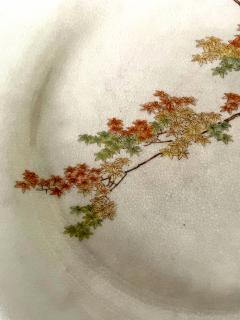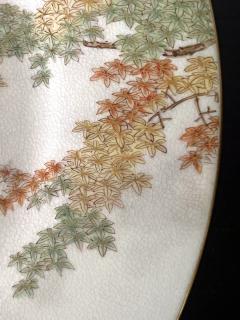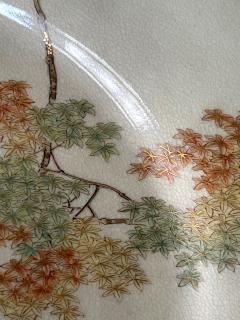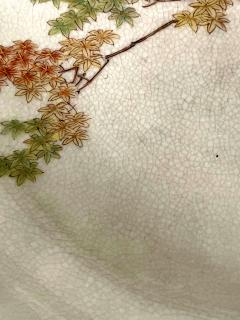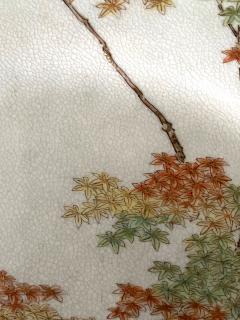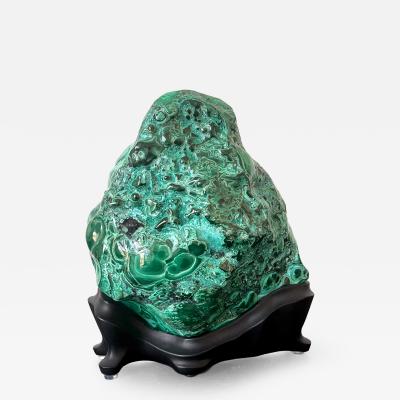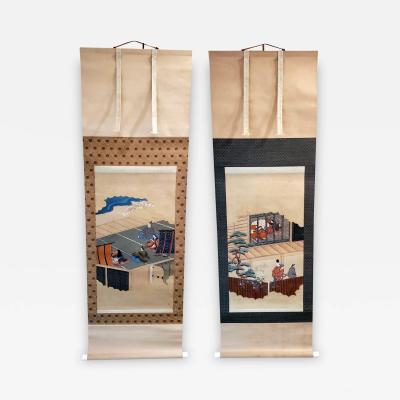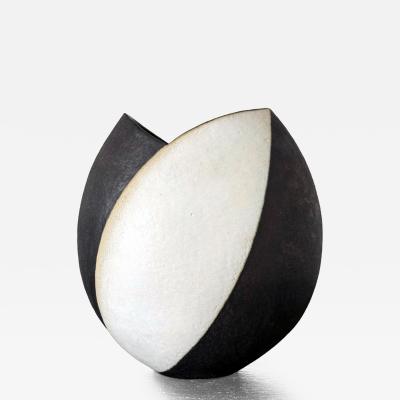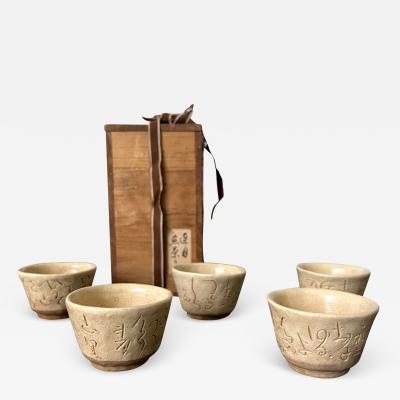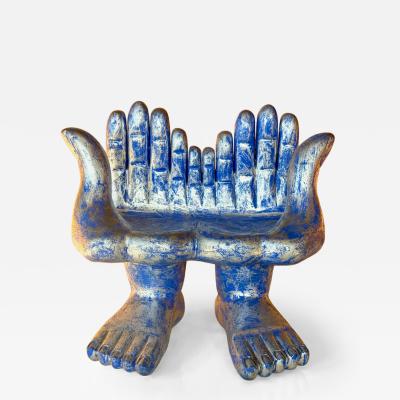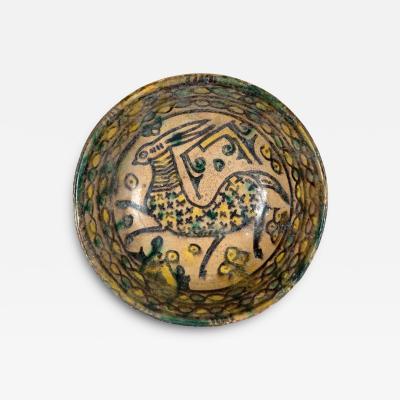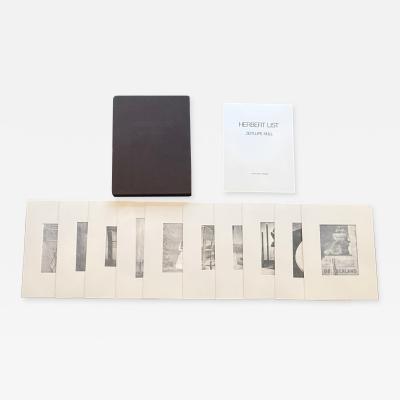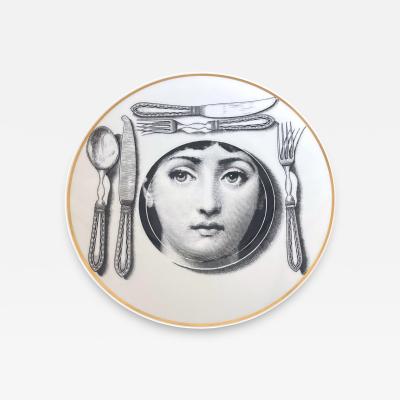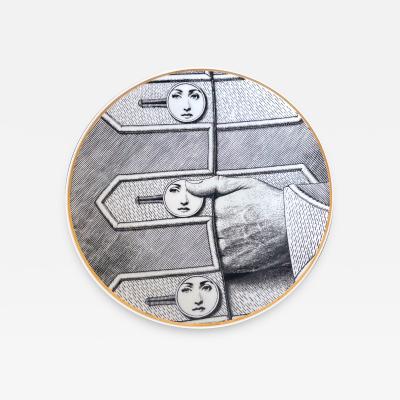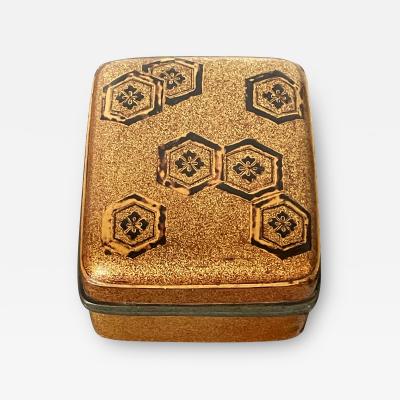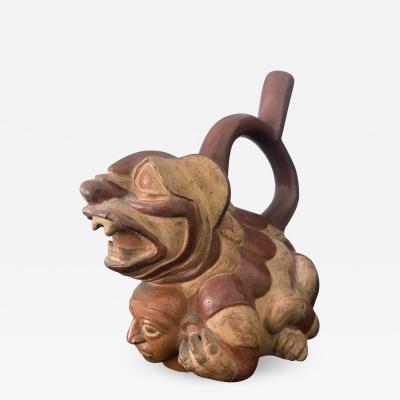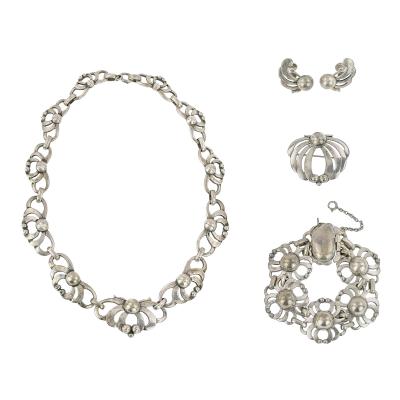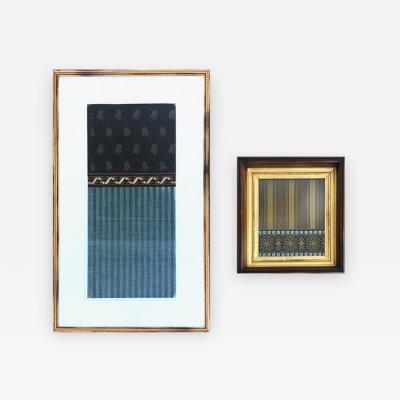-
FINE ART
-
FURNITURE & LIGHTING
-
NEW + CUSTOM
- Featured Bespoke Articles
- Hélène de Saint Lager’s Designs…
- Amorph-Where wood comes to life
- Markus Haase: Translating Artistic...
- Trent Jansen: Design Meets Heritage
- Hoon Moreau: Sculptural Poetry
- Kam Tin: The Art of Modern Baroque Furniture
- Gregory Nangle and Outcast Studios
- Roman Plyus Designs Furniture That’s…
- Ervan Boulloud: Daring Ingenuity
- Julian Mayor: Mirror Image
-
DECORATIVE ARTS
- JEWELRY
-
INTERIORS
- Interior Design Books you Need to Know
- 2021’s Best New Design Books: 9 Top Picks
- Robert Stilin: New Work, The Refined Home: Sheldon Harte and Inside Palm Springs by Dan Flood
- Ashe Leandro: Architecture + Interiors, David Kleinberg: Interiors, and The Living Room from The Design Leadership Network
- The Elegant Life by Alex Papachristidis and More is More Is More: Today’s Maximalist Interiors by Carl Dellatore
- Extraordinary Interiors by Suzanne Tucker and Destinations by Jean-Louis Deniot
- New books by Alyssa Kapito, Rees Roberts + Partners, and Gil Schafer, and Bunny Williams: Life in the Garden
- Torrey: Private Spaces: Great American Design by Andrew Torrey and Marshall Watson’s Defining Elegance
- Peter Pennoyer Architects: City | Country and Jed Johnson: Opulent Restraint
- Distinctly American: Houses and Interiors by Hendricks Churchill and A Mood, A Thought, A Feeling: Interiors by Young Huh
- Cullman & Kravis: Interiors, Nicole Hollis: Artistry of Home, and Michael S. Smith’s Classic by Design
- Featured Projects
- East Shore, Seattle, Washington by Kylee Shintaffer Design
- Apartment in Claudio Coello, Madrid by L.A. Studio Interiorismo
- The Apthorp by 2Michaels
- Houston Mid-Century by Jamie Bush+ Co.
- Sag Harbor by David Scott
- Park Avenue Aerie by William McIntosh Design
- Sculptural Moderns by Kendell Wilkinson Design
- Noho Loft by Frampton Co
- Greenwich, CT by Mark Cunningham Inc
- West End Avenue by Mendelson Group
-
MAGAZINE
- Featured Articles
- Northern Lights: Lighting the Scandinavian Way
- Milo Baughman: The Father of California Modern Design
- A Chandelier of Rare Provenance
- The Evergreen Allure of Gustavian Style
- Every Picture Tells a Story: Fine Art Photography
- Vive La France: Mid-Century French Design
- The Timeless Elegance of Barovier & Toso
- Paavo Tynell: The Art of Radical Simplicity
- The Magic of Mid-Century American Design
- Max Ingrand: The Power of Light and Control
- The Maverick Genius of Philip & Kelvin LaVerne
- 10 Pioneers of Modern Scandinavian Design
- The Untamed Genius of Paul Evans
- Pablo Picasso’s Enduring Legacy
- Karl Springer: Maximalist Minimalism
- See all Articles
Showrooms
Fine Japanese Ceramic Plate by Kinkozan for Yamanaka & Co.
$ 2,000
-
Tear Sheet Print
- BoardAdd to Board
-
-
Description
A fine Japanese ceramic satsuma plate made by Kinkozan and retailed by Yamanaka & Co. circa 1900-20s (late Meiji to early Tasho Period). The cream-color glazed plate features a very fine decoration of a maple tree in the midst of foliage color-changing in autumn. The poetic composition is stylized but also realistic, with a literati painter's quality, and was advantageously enhanced by the enamel colorings in incredible details. The maple tree is one of the favored motifs by the fine satsuma potters such as Yabu Meizan as it demonstrates the painter's skill. It is signed on the base in gilt kanji seal (Made by Kinkozan) and branded Yamanaka & Co in English. The plate was likely commissioned by the company from Kinkozan for its various galleries in US and Europe.
The Kinkozan family established their pottery business first in 1645 and by the end of 19th century, it had become the largest studio producer of Satsuma ware. By the 1850s, Kinkozan Sobei (Kinkozan IV; 1824-84) started to export the wares to the west, particularly to America, together with the Kyoto manufacturer Taizan VIII. This continued and expanded under the leadership of Kinkozan V (1868-1927) until his death in 1927 when the studio closed.
Established by Yamanaka Sadajiro (1866-1936), Yamanak & Co was a large art gallery business with branches in New York (1895), Boston (1899) and London (1900); an agent in Paris (1905), office in Beijing (1917) and branch in Chicago (1928). The company initially specialized in Japanese art before expanded into Chinese and other Far Eastern Art. An important art source for many collectors and museums in the early 20th century. The company went declined after 1930s and their oversea assets was finally liquidated during the Second World War. -
More Information
Documentation: Signed Origin: Japan Period: 1900-1919 Materials: ceramic Condition: Good. Good antique condition with light aged wear, minor rubbing along the edge. Noticeable patina of minor discoloration due to food colors seeping through the fine crazing over the years. The process is called "amamori" in Japanese. Creation Date: 1900-1920s Styles / Movements: Modern, Art Pottery, Asian Patterns: Asian/Oriental, Florals/Botanical, Handmade Incollect Reference #: 643509 -
Dimensions
H. 1 in; Diam. 8.75 in; H. 2.54 cm; Diam. 22.23 cm;
Message from Seller:
Tishu, based in Atlanta, GA, offers a diverse collection ranging from Neolithic art to 20th-century collectibles, with a focus on Mid-century design, Japanese and Korean art, Asian textiles, and Contemporary Aboriginal art. Driven by a passion for timeless beauty, the gallery is open by appointment only and offers works that span 5,000 years of history. Reach them at 305-400-0561 or tishu@tishugallery.com.
Sign In To View Price
close
You must Sign In to your account to view the price. If you don’t have an account, please Create an Account below.
More Listings from Tishu View all 1101 listings
No Listings to show.
- Natural Malachite Rock on Display Stand as Chinese Scholar Stone
- Two Antique Japanese Hanging Scroll Paintings
- Large Ceramic Vase with Black and White Glaze by John Ward
- Set of Five Ceramic Tea Cups by Otagaki Rengetsu
- Rare Joined Hand and Foot Surrealism Sculpture by Pedro Friedeberg
- Indian Antique Carved Marble Ganesh Statue
- Islamic Buff Ware Slip Paint Ceramic Bowl with Animate Design Nishapur
- Complete Herbert List Editioned Portfolio Zeitlupe Null
- Ceramic Julia Dinner Plate by Fornasetti for Rosenthal
- Ceramic Julia Dinner Plate by Fornasetti for Rosenthal
- Antique Japanese Lacquered Incense Box Kobako Ex-Christie's
- A Fantastic Pre-Columbian
- Rare Sterling Silver Jewelry Suite by The Kalo Shop
- Art Nouveau Wallpaper Samples from Vienna Austria






